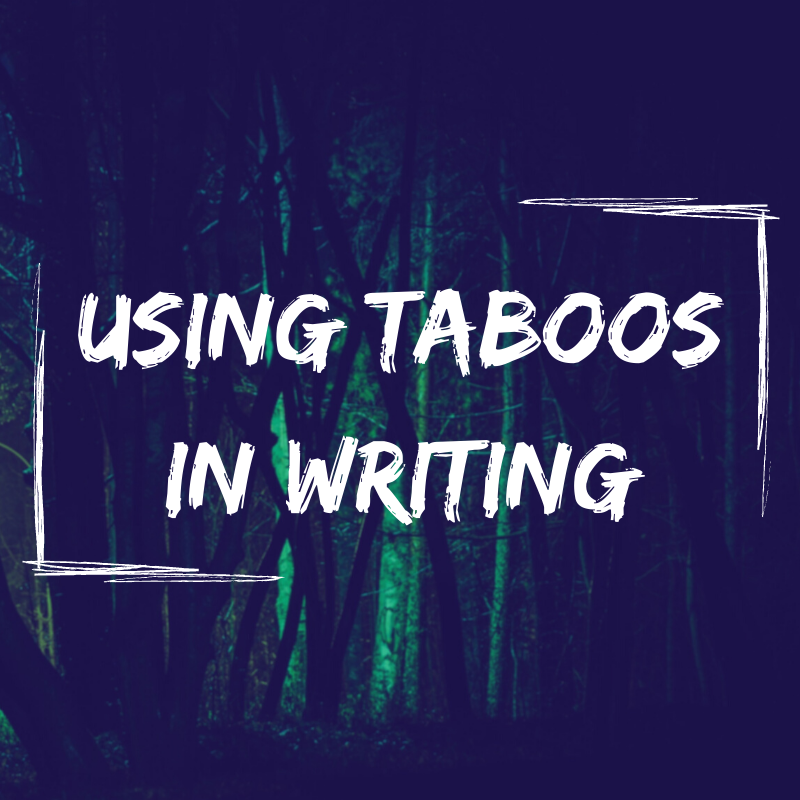
As a person who consumes narratives on a daily basis like they’re blueberry muffins, there’s nothing that irks me more than scenes that have characters getting brutally killed without a purpose. Or even characters that are in there just for the sake of having them die. I’ve thought about how violence should be portrayed and used in narratives and having a brutal death doesn’t make your story shocking. It may be in the moment, but if you look at it for too long, you may be asked “why is this here?”
Violence can be used as a means to ground a setting, and to make it clear as to how messed up your world is.
Let’s talk about George Orwell’s 1984, in which there is a scene where Winston Smith is tortured in the Ministry of Love. The difference between a brutal torture scene like this and a horrific scene that’s there to simply shock the reader: purpose. Throughout 1984, Orwell describes the Ministry of Love as a place where people are taken when they descend from the norms of the world that he’s crafted. It’s continuously talked about as the place where you go to die and contains horrors that make you bend to the will of the Party. This was then shown in this scene. It had purpose
Let’s diverge a bit from literary works to the realm of film where this problem is more commonplace. In the film Saving Private Ryan, when the soldiers first disembark from their landing craft onto the beaches of Normandy, you see how people are gunned down and missing limbs. This is here to ground the setting, to show you just how horrific war is, and how terrifying it was to be on that beach.
Having a purpose for these acts in your story can really make your work more profound and meaningful. How you use taboos or violence in your story is up to you; just be mindful that if you have something included to “shock” the reader, it’ll only shock them once.
After that initial shock is over, a person will be left asking “what purpose does this serve?”. As a result, your reader may be taken out of your story and it could make it harder for them to pick up again after they stop reading.
It may take someone reading your story a few times to understand it’s true purpose, but having one from the start will give them an Aha! moment that’ll make your story memorable. It could end up being one of those “You don’t get it until the end” spoiler moments that always get told about when a friend recommends a book!
The "purpose" rule can be said for abuse toward characters too. Don’t give a person an abusive backstory for it just to be there. People are complicated and abusive relationships are incredibly detrimental to a person’s mental health and image. There are some people who move on from these backgrounds and become better. But among those, there’s an equal number that turn into monsters worse than their abuser.
This type of characterization can lead to you creating tragic villains and truly horrible people, but gives them a sort of sympathetic angle where you understand why they do the things that they do. This can also lead to some of the deepest and most interesting villains in fiction, where they do horrible things but you can understand the reason why.
That isn’t to say that things can’t just be there for them being there; it all depends on the genre of story you’re writing. If you’re writing a horror story and you want to have someone die in a manner so gruesome it would give the Mortal Kombat developers ideas, then do it. The purpose there is to scare you, so it isn’t written into the story, but also built into the genre.
The same can be said about a villain, not every villain has a tragic backstory, not every villain needs one. The Emperor from Star Wars is a perfect example of a memorable villain without a tragic backstory. I would use Darth Vader because he’s more iconic, but he has a tragic background.
So be careful and be wise with your decisions with violence, and don’t try it at home.
About the author: My name is Jake Reilly and I’m the Challenge Coordinator with The Writer's Workout. I'm also a game design student at Columbia College Chicago and I have a minor in creative writing.
.png)